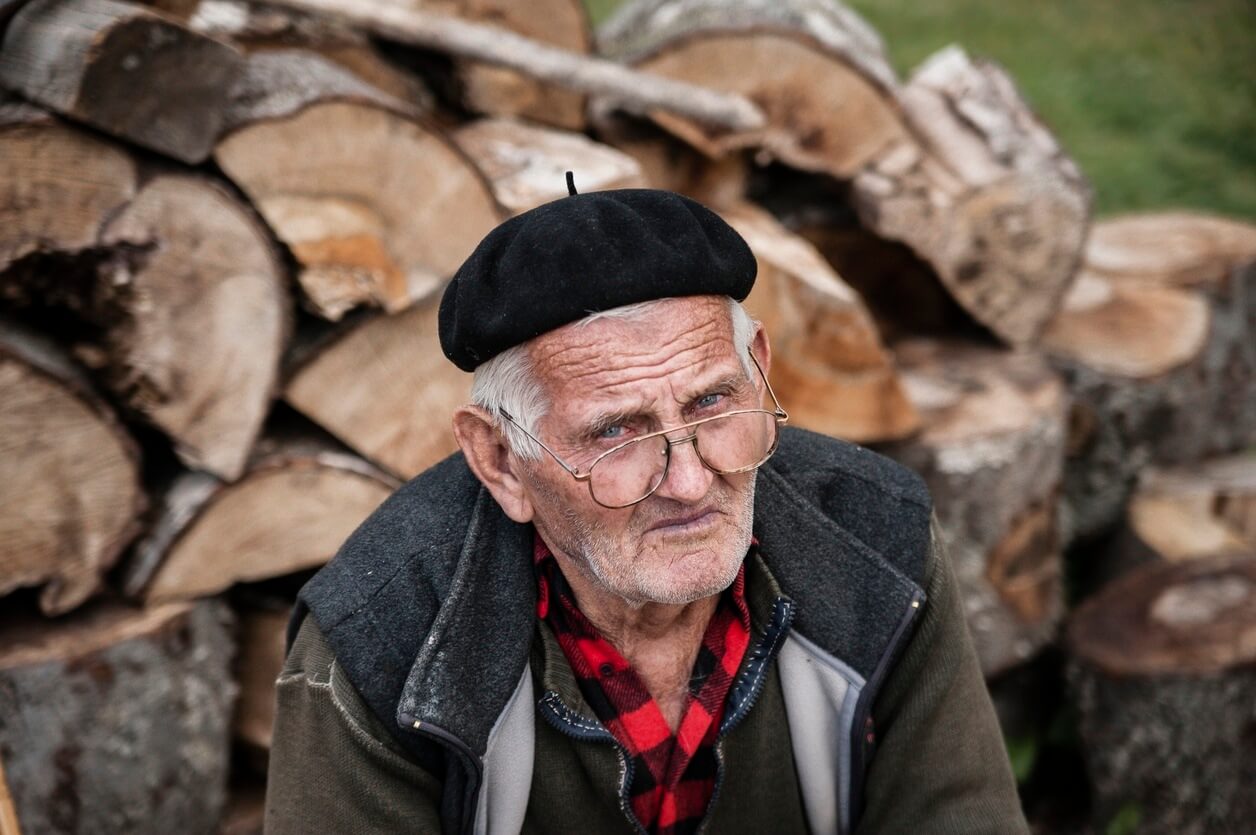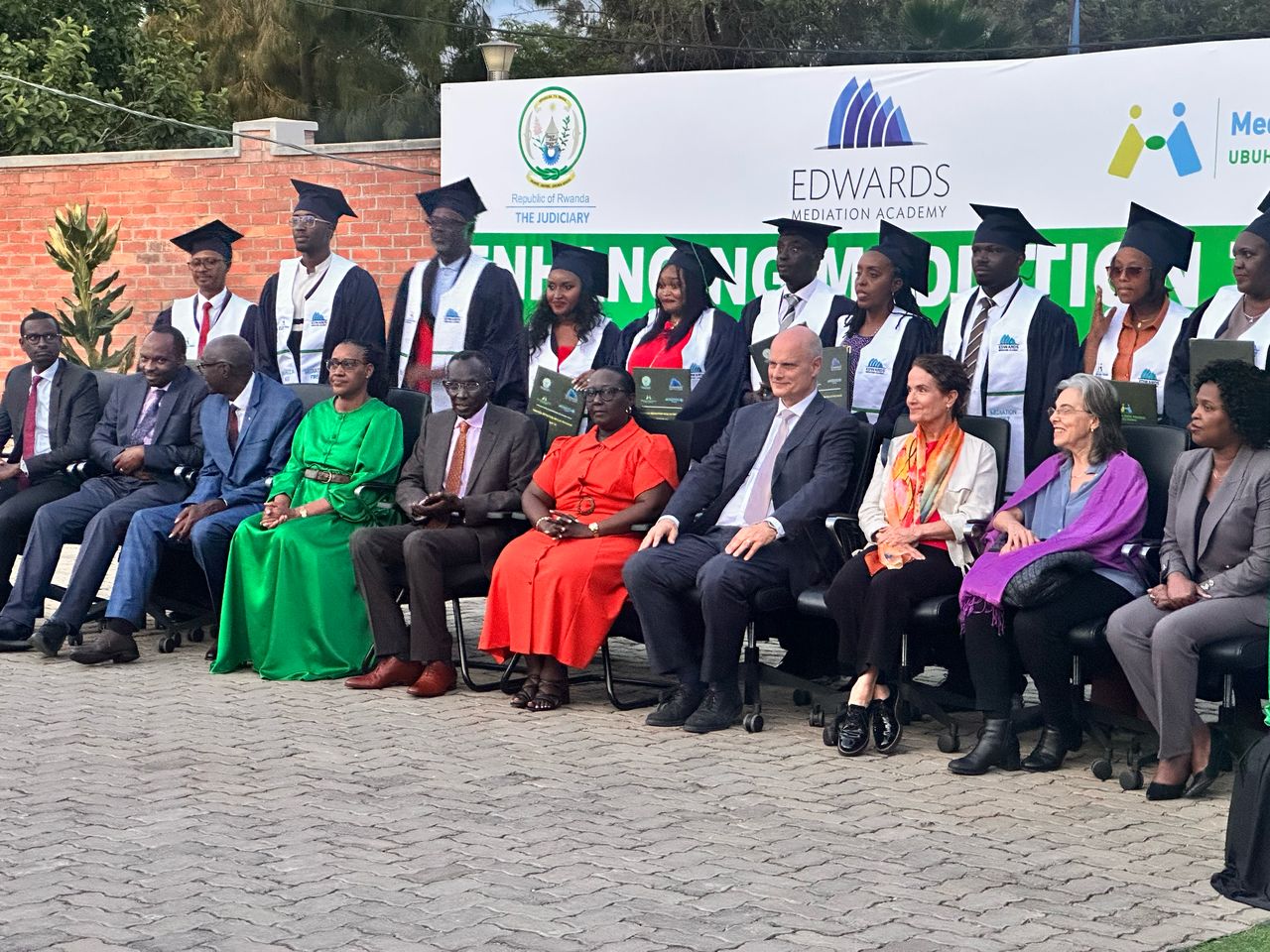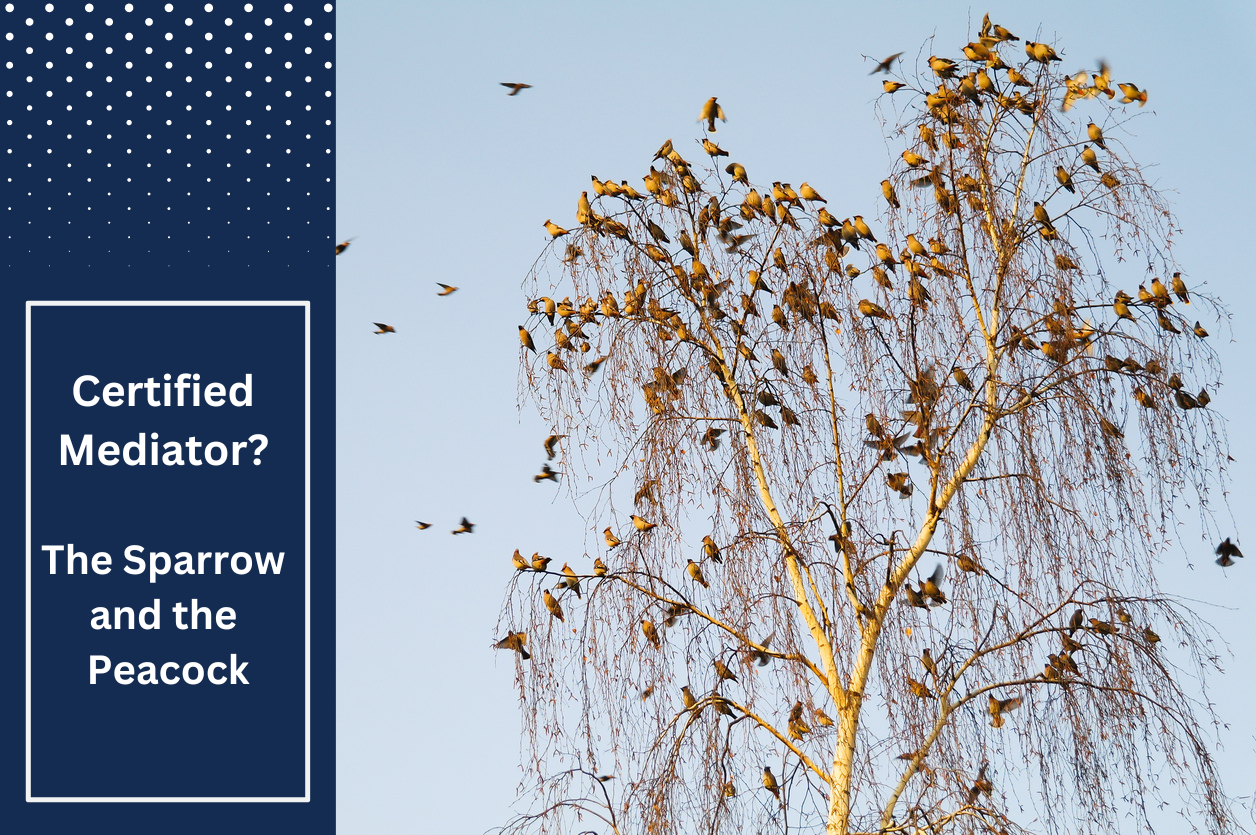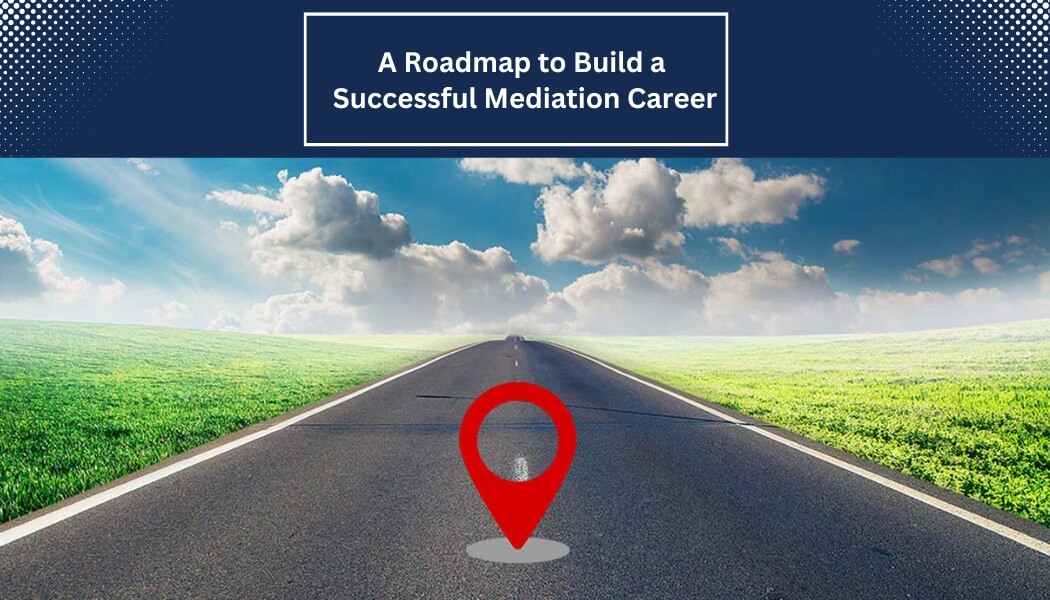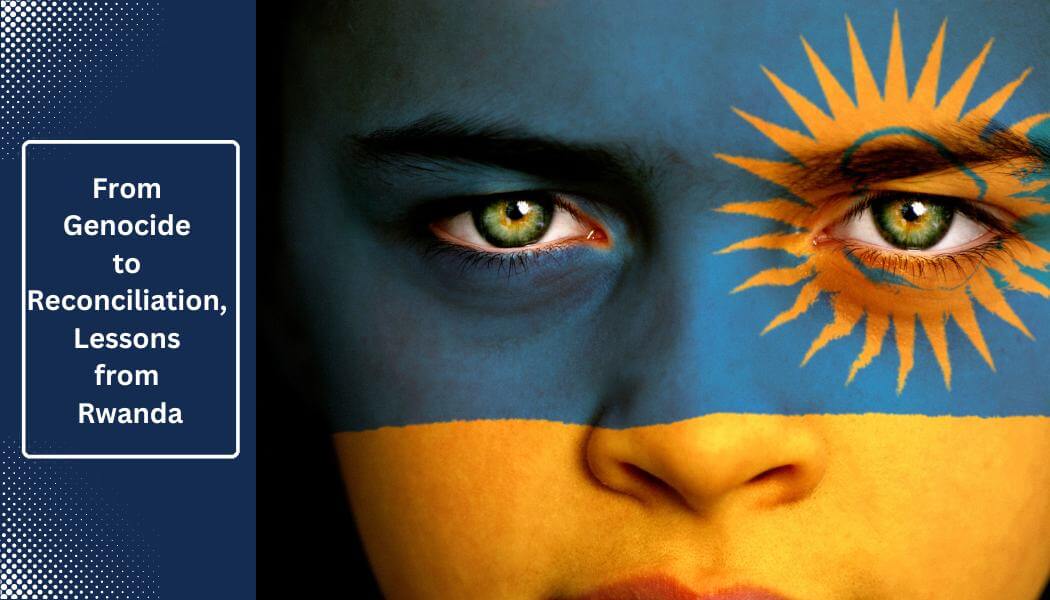In the back of an old church, off the main square in a small village in Bosnia, sat a village elder. The year was 1999, and his unofficial role in war-torn Bosnia was resolving the type of local inter-ethnic disputes that had recently divided the former Yugoslavia. The elder had no way of knowing, at the time, that his work would provide the spark that eventually ignited the Weinstein JAMS International Fellowship Program.
As fate would have it, JAMS cofounder and mediator, Judge Daniel Weinstein, had recently been appointed Special Envoy by then President Bill Clinton, tasked with assisting economic redevelopment in the region. A precondition to any sustainable peace naturally involved resolving a series of disputes between the primarily Muslim, Serbian and Croatian members of the population.
It was on one of Weinstein’s trips to a small Bosnian town that the villagers suggested he might want to meet the village elder, since this man had been resolving local disputes long before the war had even started. The two men met, and the elder shared useful suggestions for resolving disputes in the region.
Seeking champions
Not long after completing his mission, Judge Weinstein returned home to his more pedestrian challenge of resolving commercial disputes throughout the United States. But, the village elder from Bosnia was never far from his thoughts. The more Judge Weinstein thought about the man, the more he realized that many cultures and small villages throughout the world must have similar village elders, or other champions of peace – individuals who assumed the role of community mediator and looked for opportunities to bring disputing parties face to face.
From that realization came the question, “Why not seek out from the corners of the globe these champions of peace, and bring them to the United States to share ideas and experiences in the advancement of resolving disputes?”
The first Weinstein JAMS International Fellowship training
In 2009, the first group of Weinstein International Fellows arrived in San Francisco to begin their training. That inaugural group consisted of seven participants, including a retired Chief Justice from the Supreme Court of India and attorneys and others from Nepal, Egypt, Jordan, Russia, Ecuador and Italy.
Since 2009, there have been eight Weinstein JAMS International Fellowship trainings, and participants have represented over fifty-five countries. These Fellows have returned home to tackle the challenges of implementing the dispute resolution techniques they learned. Some have set about developing commercial dispute resolution practices in India or Eastern Europe. Others have attempted to write legislation favoring mediation in Turkey, Georgia and Rwanda. Still others have worked with governmental institutions, like the United Nations, to develop dispute resolution programs in refugee camps in South Sudan. Whatever their calling, in a hundred different ways these champions of peace have sought to bring about positive change in a conflict-ridden world.
Setting aside national and cultural differences
Last week, fourteen new Weinstein Fellows arrived in San Francisco to begin anew their one-to-four month training, a process of sharing ideas, experiences and future plans. They represented countries as diverse as: Somalia, Zambia, Finland, Peru, Azerbaijan and Turkey. One Fellow quipped that the gathering resembled the opening ceremonies of the Olympic games.
While mostly educated in law, several participants possessed backgrounds in education, business and policing. They quickly set aside their national and cultural differences and bonded through their training, which was devoted to understanding cultural influences in conflict, how to mediate complex disputes, and overcoming the challenges they faced in expanding their work back home. Their Fellowship experience would include time spent “shadowing” JAMS mediators, witnessing actual mediations. It would allow them to work in close association with local educational institutions including: Pepperdine, Stanford University, and Hastings College of the Law.
Sharing life stories
The culmination of the first week of Fellowship training was a retreat in Napa Valley, where individual Fellows were asked to share their life story and discuss specific plans for how they hoped to translate their learning into action, upon their return home. The roundtable discussion quickly turned serious, as individuals reflected on a childhood spent fleeing conflicts in Somalia or attempting to implement mediation in an environment of governmental crackdown, such as in Turkey. At one poignant moment in the discussion, one Fellow, a retired judge from India, looked across the table at a police captain from Pakistan and wondered aloud, “Can our countries ever become friends?”
What followed was an extraordinary conversation between the two, focused on their shared experiences, similarities in appearance and speech, and their common vision for promoting dispute resolution in their countries. What became immediately apparent to everyone else was the not-so-hidden secret of the Fellowship program: the opportunities it provides for deep introspection and shared learning.
I found myself captivated by the discussion, taking copious notes, and reflecting on the wisdom of the group’s dialogue. Sometimes the discussion concerned conflicts between countries, and sometimes it involved mediating much smaller disputes. I tried to capture the best lessons presented by the group. The lessons were shared from a multitude of backgrounds but reflected the common wisdom of our similar journeys in search of peace, justice and equality.
Here are a few of those lessons:
- We are more alike than we are different.
- It is important to respect cultural differences while we look to connect with one another on shared core values.
- Find ways to help those in conflict understand that searching for solutions is not a sign of weakness.
- Learn to manage emotions, first in yourself, and then in others.
- Develop a strong sense of resiliency. You will need it.
- Look to build bridges, not walls (regardless of who pays for them).
- Remember, we are not just developing an individual practice. We are reshaping a legal culture, while building an industry.
Believing in the promise of the future
We all left the Napa Valley retreat energized by our shared experiences. As one Fellow described it, “Feeling more closely connected with other Fellows than he did with his own neighbors.”
In a world seemingly filled with natural disasters and man-made conflicts impacting millions around the globe, it’s increasingly rare to go to bed at night legitimately filled with inspiration and hope. A day with the Weinstein Fellows instilled in me a renewed belief in the promise of the future. For that renewed optimism, I thank all the champions of peace, especially that village elder in Bosnia who confirmed that when it comes to conflict resolution, even the smallest efforts can have a profound impact.
Bruce A. Edwards is an ADR industry pioneer and recent chairman of the board of directors of JAMS, this country’s largest private provider of ADR services. Along with his wife, Susan Franson Edwards, Mr. Edwards recently cofounded Edwards Mediation Academy, an online education platform dedicated to improving the skills of mediators around the world.
